Apurvi Chandela
World Champion Shooter and World Record Holder
In Conversation with Brahmaditya Singh, Head – Sports at Shiv Nadar School, Noida
Apurvi Chandela, Shooting World Champion and a World Record holder


Apurvi Chandela
World Champion Shooter and World Record Holder
In Conversation with Brahmaditya Singh, Head – Sports at Shiv Nadar School, Noida
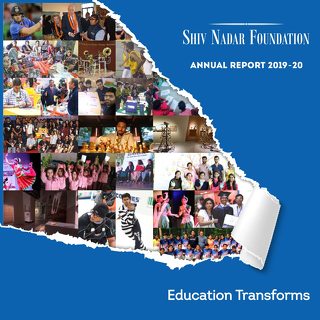

The times we live in today are truly unprecedented. While all of us are bracing to deal with this global crisis, there are many occasions when our minds can get clouded with pessimism and distracting thoughts.
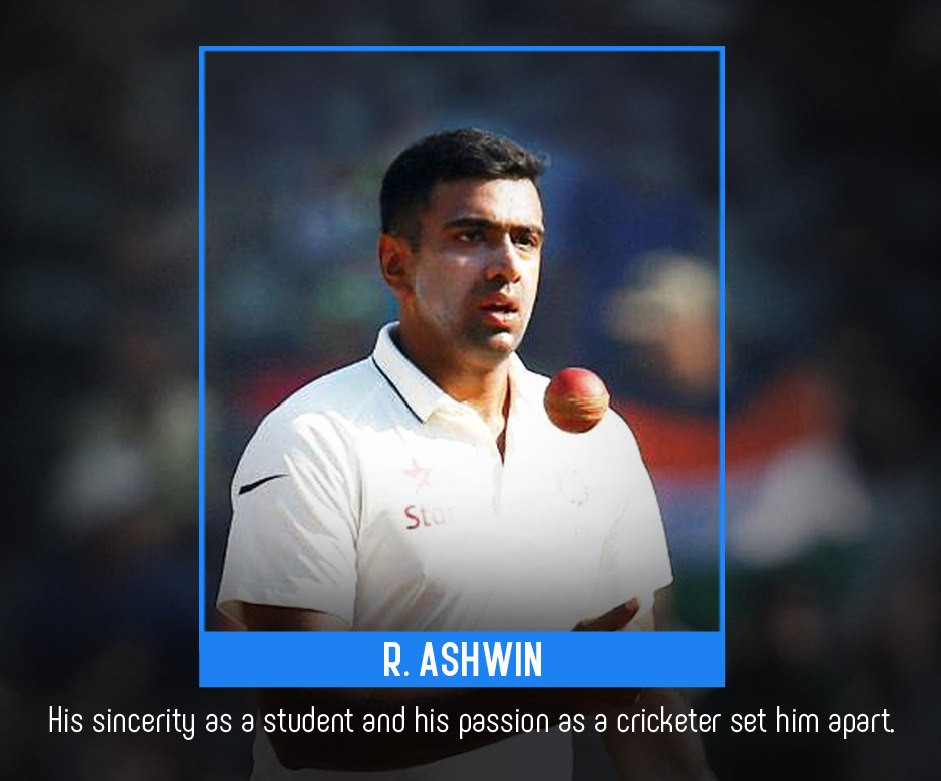
Only 33, this man has already won the coveted Arjuna Award in 2014, was the ICC Cricketer of the Year and Test Player of the year in 2016, and the CEAT International Cricketer of the Year 2016–17. And this is not even the full list.
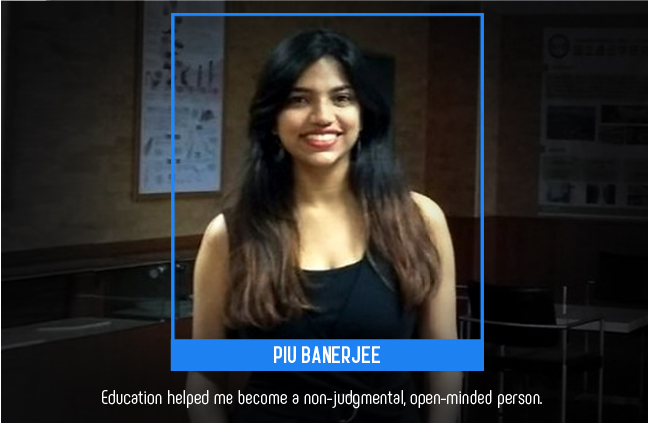
Doing a PhD in Neuroscience in Japan is fairly off the beaten track, but the feisty and determined Piu Banerjee takes it in her stride.
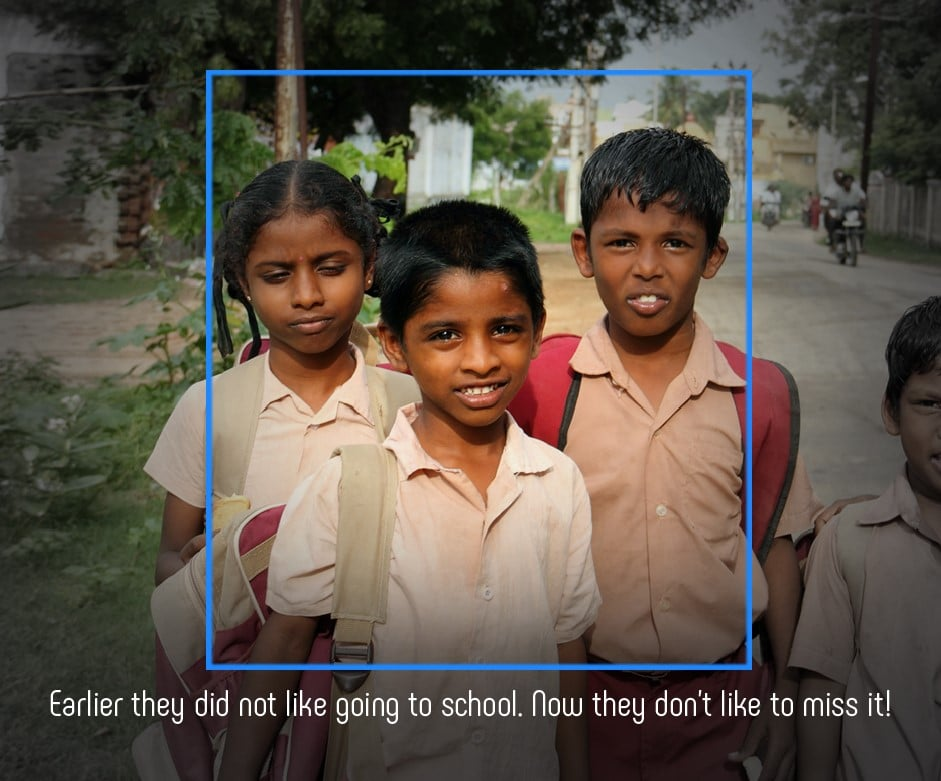
For months, every time his father dropped him off at school, 6-year-old Ambhuj Mishra would try to escape the premises. He hated the idea of being confined in an unknown space, away from his parents.
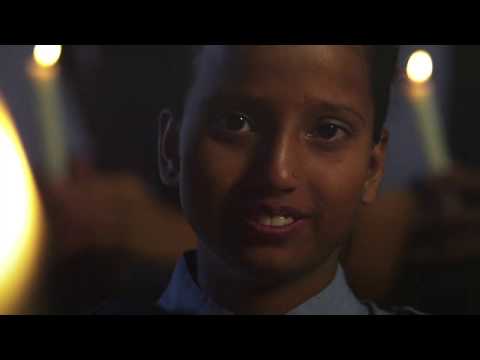
Shiv Nadar Foundation – an overview of the impact created by the institutions of the Foundation.
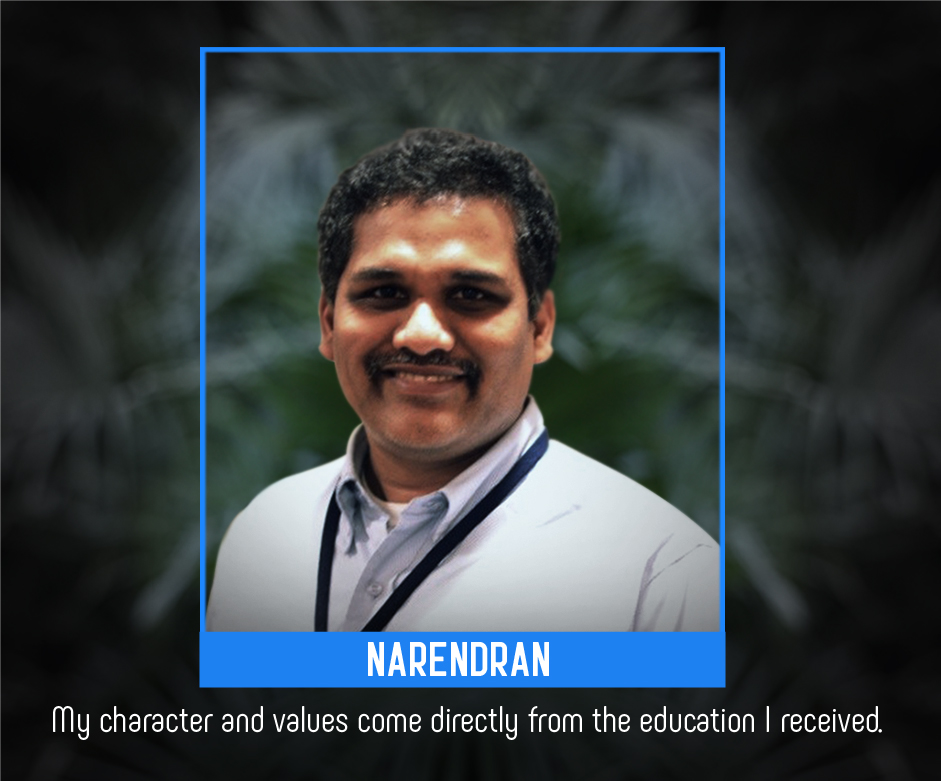
When Narendran Mohana Sundaram decided to pursue higher education, he found that there was no shortage of options for him.
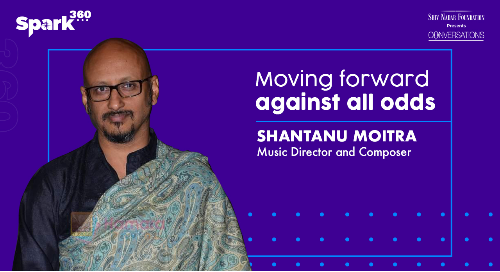
It isn’t easy to be compassionate towards others when you are facing tremendous personal loss. Only those few who are passionate to teach others can do that. These are the people who can light up the lives of others with their unwavering spirit to fight.

A 12-year-old Shaily Upadhyay playfully dribbled a basketball, swiftly moving it under her legs, spinning, skipping and making her way through a crowd of confused friends at school.
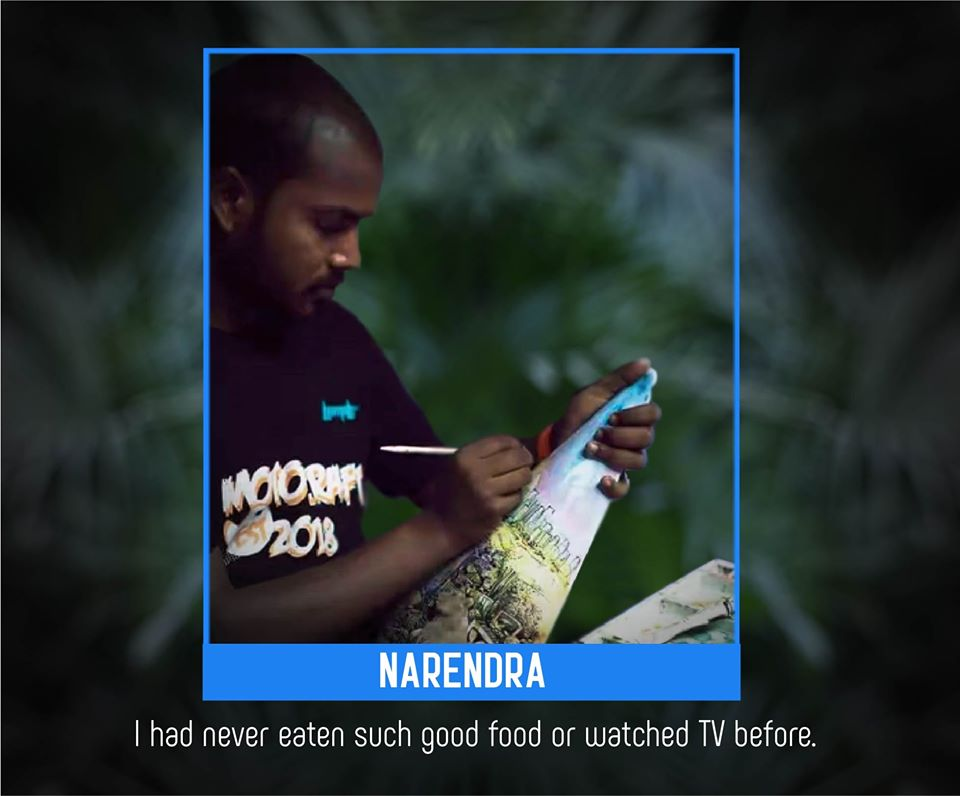
When Narendra Kumar passed his Class 12 board exams, it was a historic moment. He was the first person in his family to have ever reached that level of qualification.
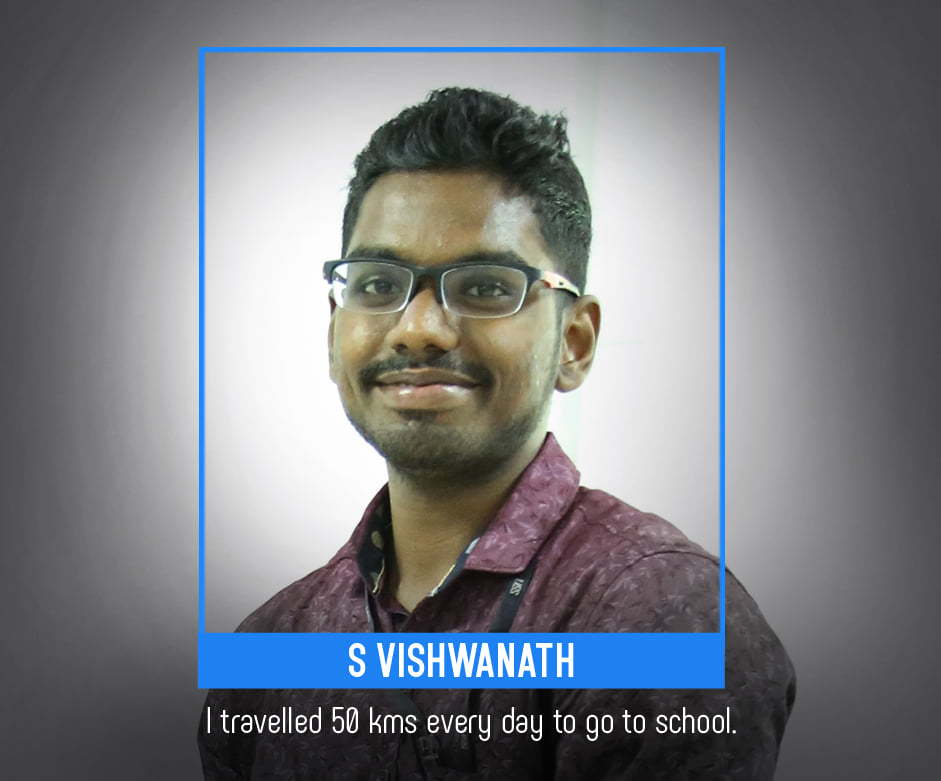
For a young Viswanath, every single day was a challenge. Living in the outskirts of Chennai, about 35km from the city centre, he would wake up early in the morning to embark on a 2-hour long journey to his school.
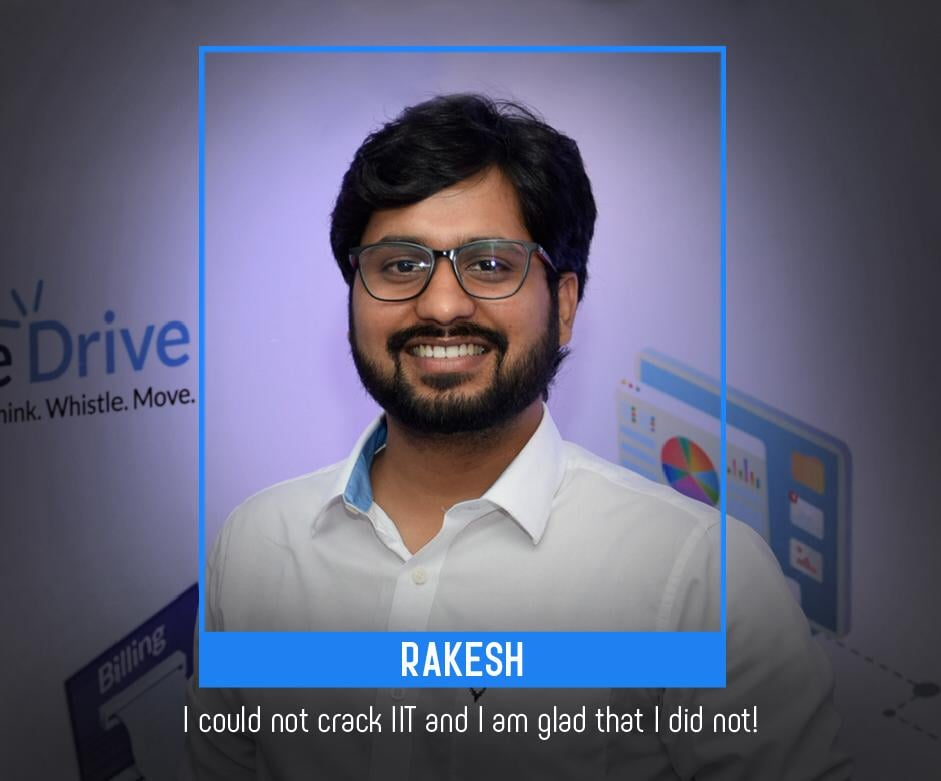
Many youngsters in India dream of entering the hallowed walls of an IIT and Rakesh Munnanooru was one among them.
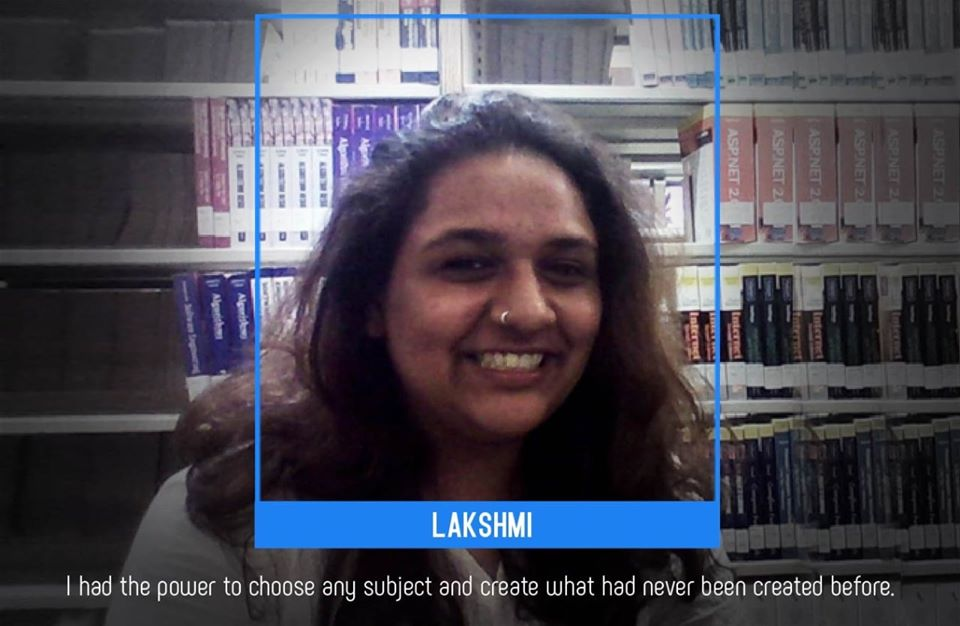
Always fascinated with the history of her country and the world as a young girl, it did not come as a surprise to anyone when Lakshmi Ravi pursued the subject in college.
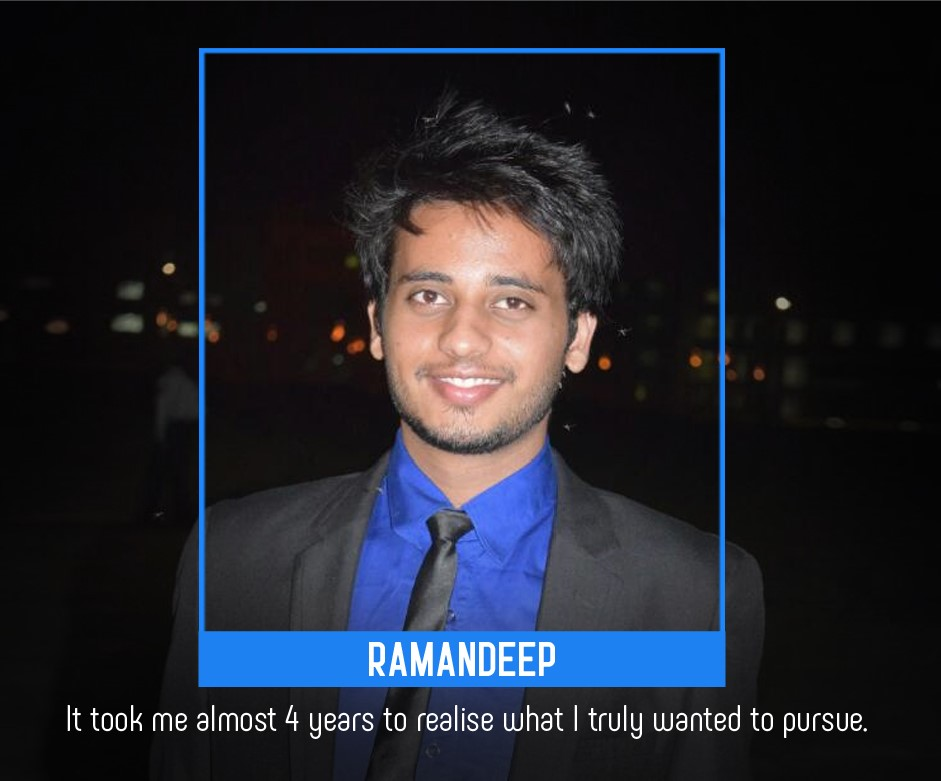
Fresh out of school, Ramandeep Malhotra was, like many of his age, clueless about the next step. He allowed his parents to decide the best option for him and that is how he ended up pursuing engineering.
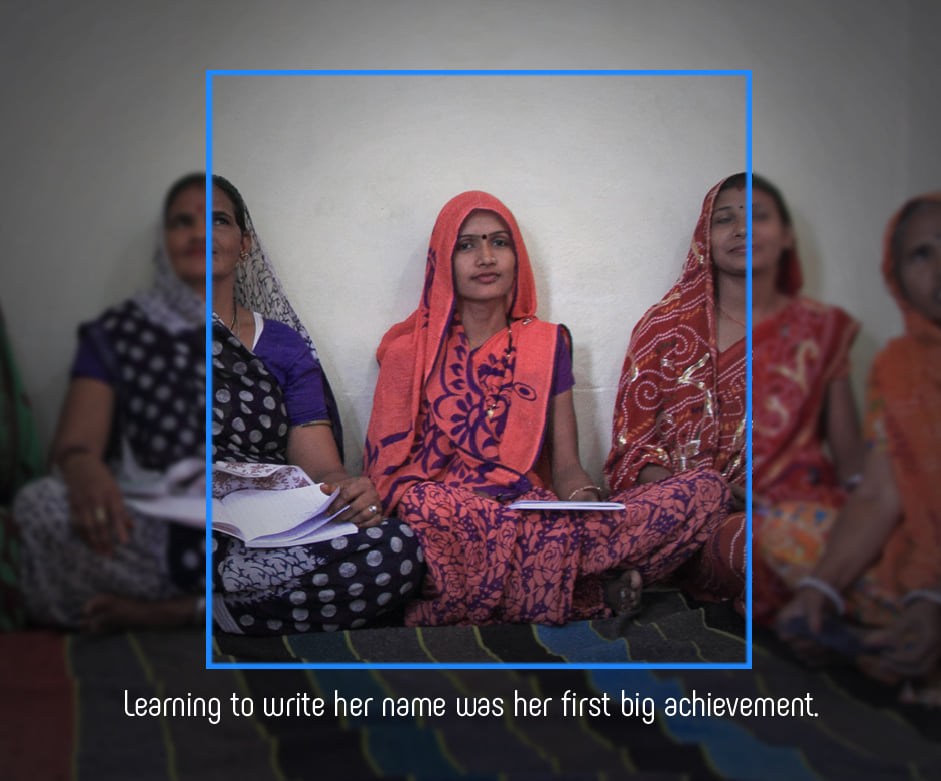
Sudha Devi was a woman with an independent spirit trapped under the shortcomings of the society.
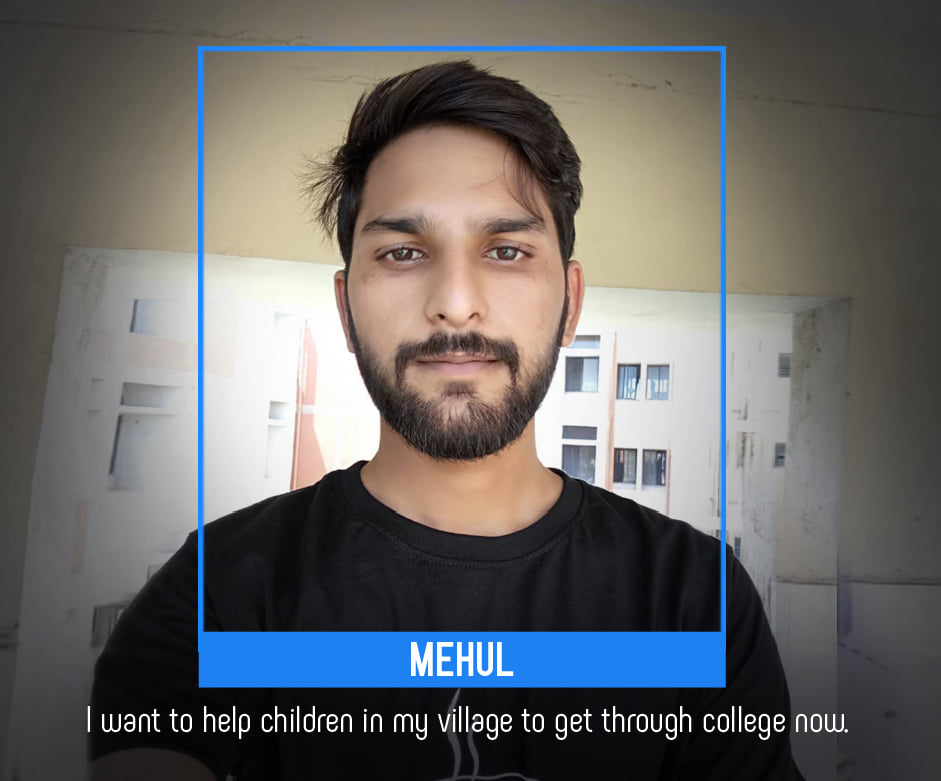
Mehul Kumar grew up in Janikalan, a small village near Meerut, Uttar Pradesh, along with six siblings.

The daughter of a former naval officer, Kirithigaa K has travelled and lived across the length and breadth of the country.
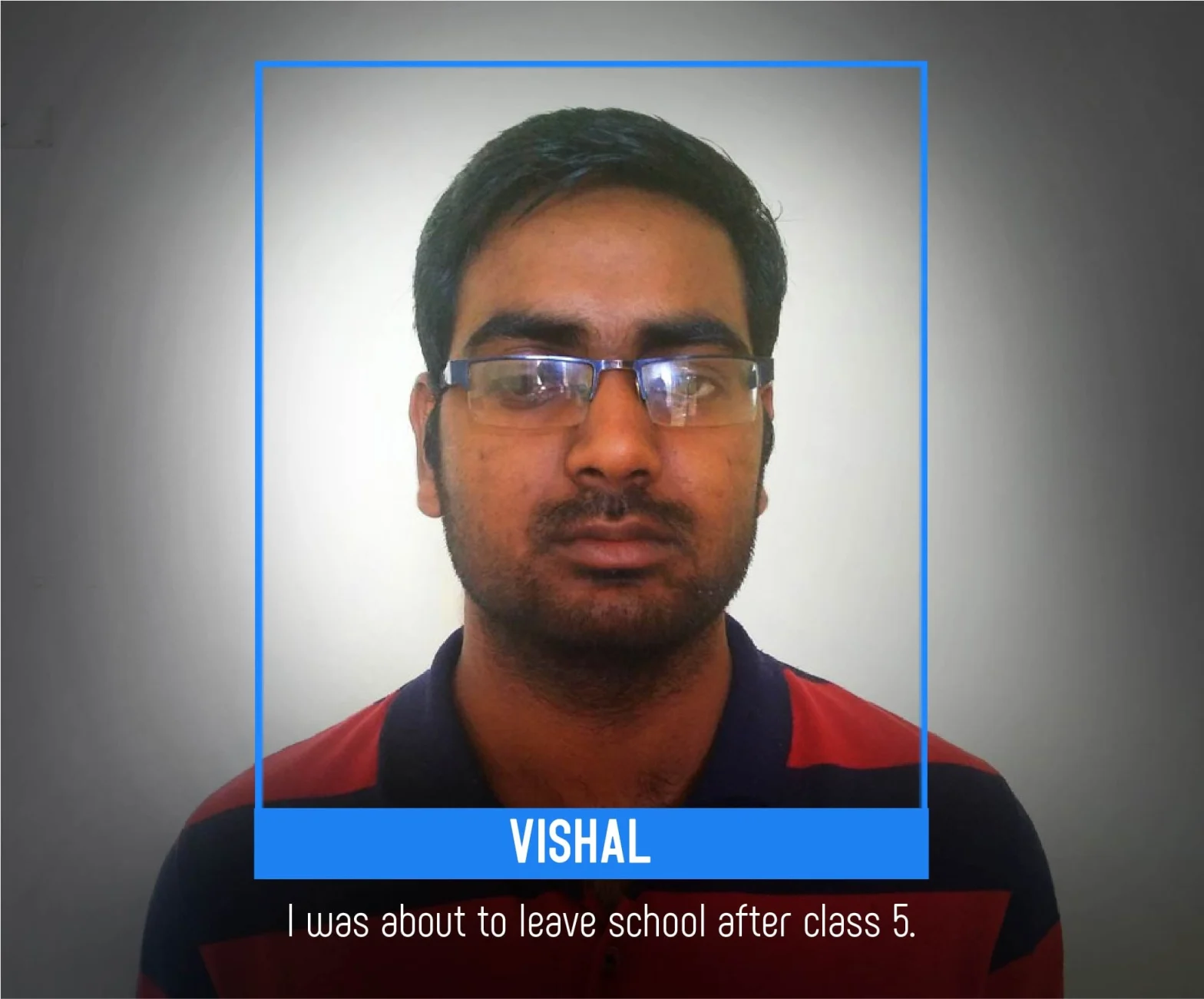
Yet, he went on to make it to the prestigious institute and is now completing his BTech in electrical engineering from IIT Mumbai.

Ishan Gupta had always been a straight-A student, but when the time came to pursue a degree, he realised that he was yet to discover his true passion.
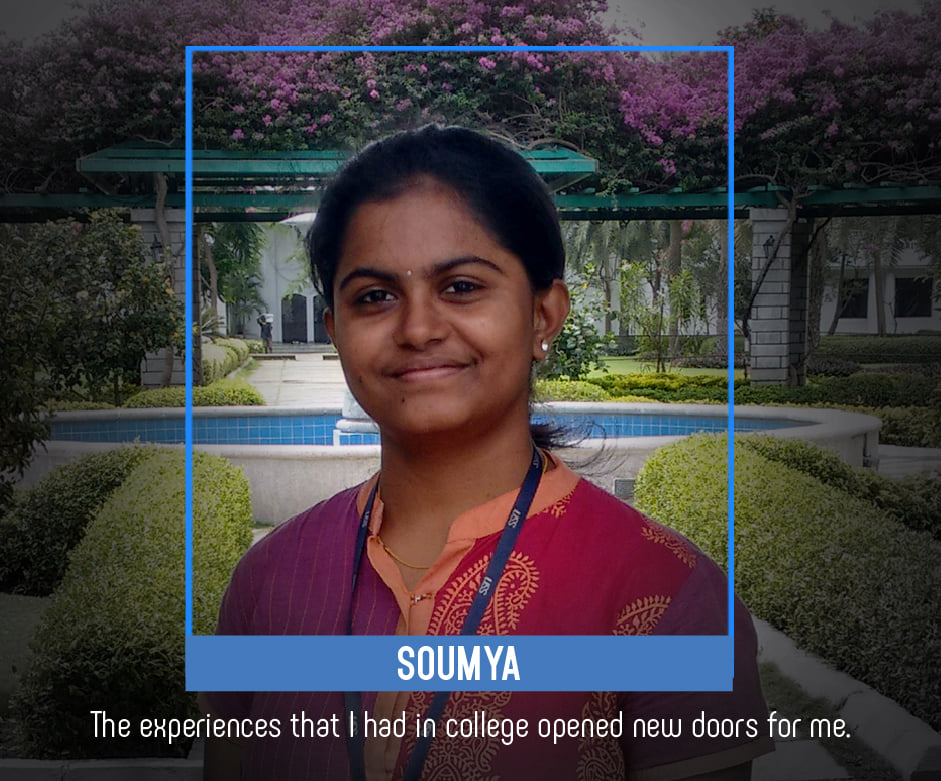
Soumya was always a good student. A gem in the eyes of her teachers and parents. But there was more to her than just that.
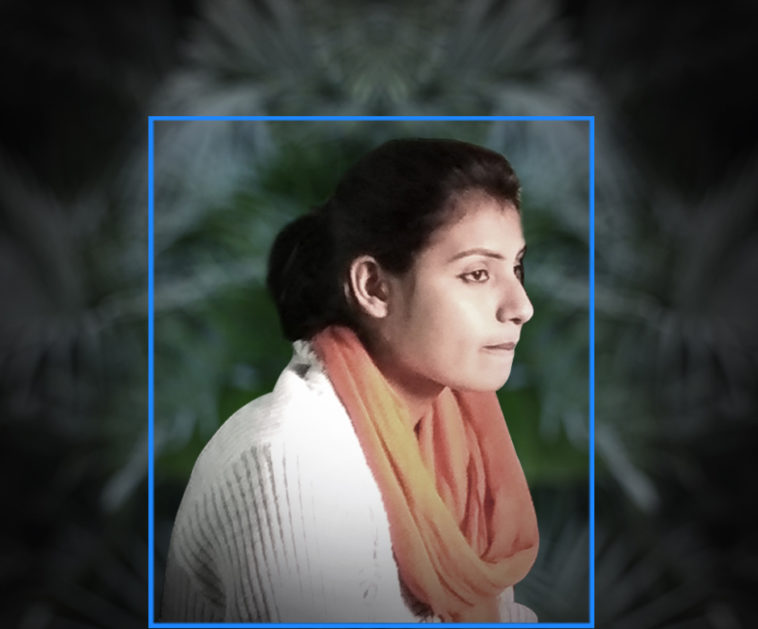
After her father fell ill, the responsibility of the household fell on the shoulders of 18-year-old Seema.
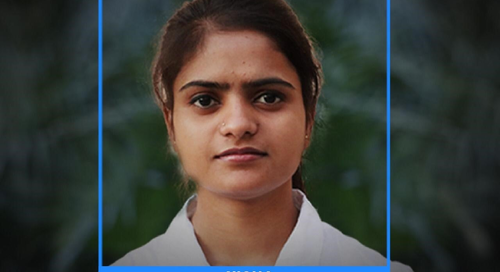
“It’s not necessary that everyone will understand what you do. But, it’s important that you are convinced and happy.
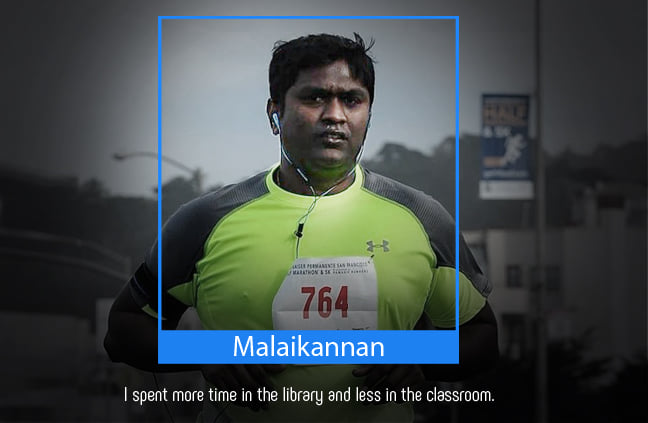
Many might call him studious, some a bookworm, but Malaikannan says that he was lucky to have found the best of both worlds.
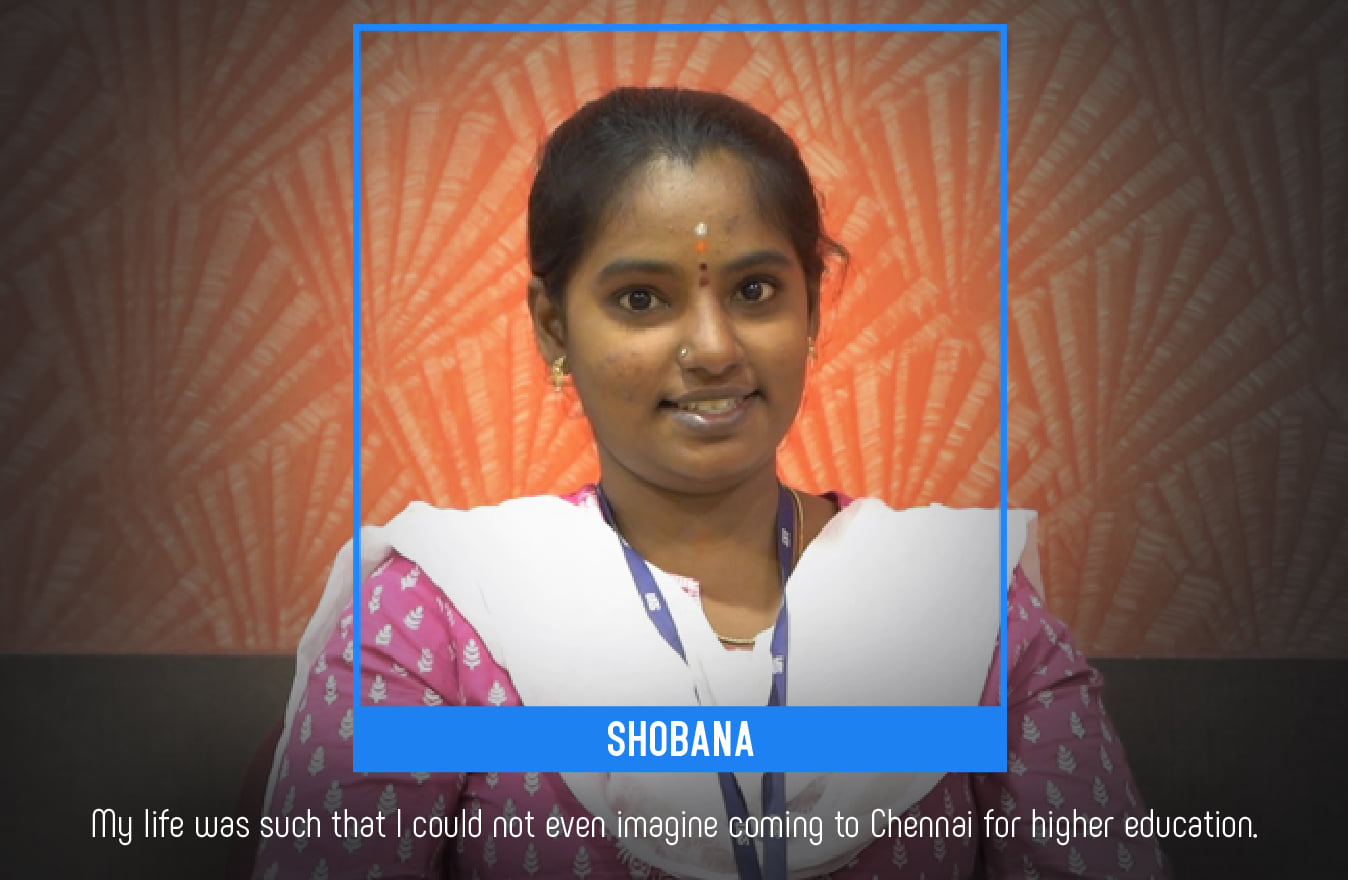
“I was always a good student who wanted to make something of her life. I had goals. But considering my surroundings, those goals seemed more like unachievable dreams,” says a young woman who hails from the remote village of Manampathi, in Tamil Nadu.
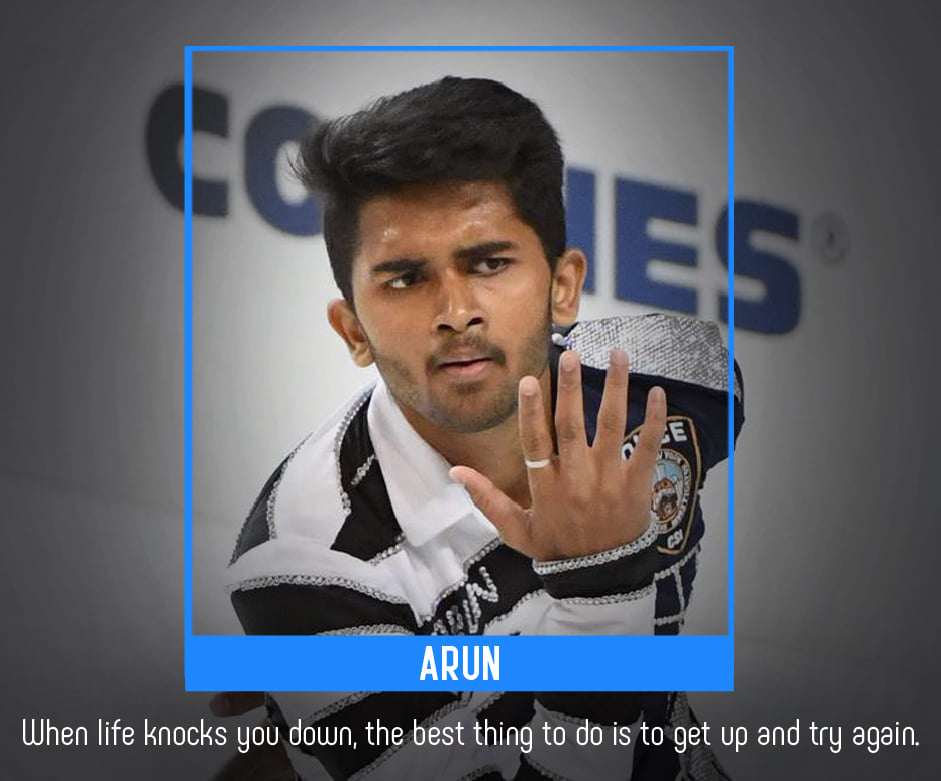
As an 8-year-old kid, when Arun Sathianarayanan travelled overseas to the US in 2006 to visit his mother, little did he know that he would come back burning with his life’s purpose.

Growing up, Bhargavi Gopalan was a quiet and shy child sitting in a corner. She was comfortable being in the shadows, away from the crowds, away from the spotlight
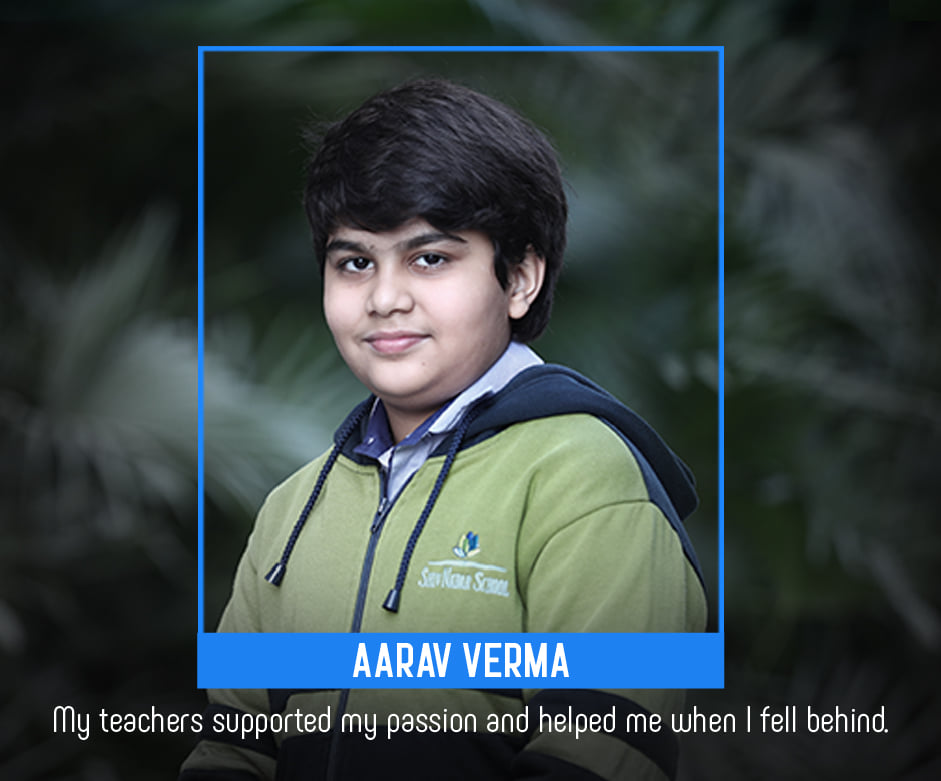
As a child, when Aarav would pick up his pencil and scribble expressions on a piece of paper, people would often get scared.
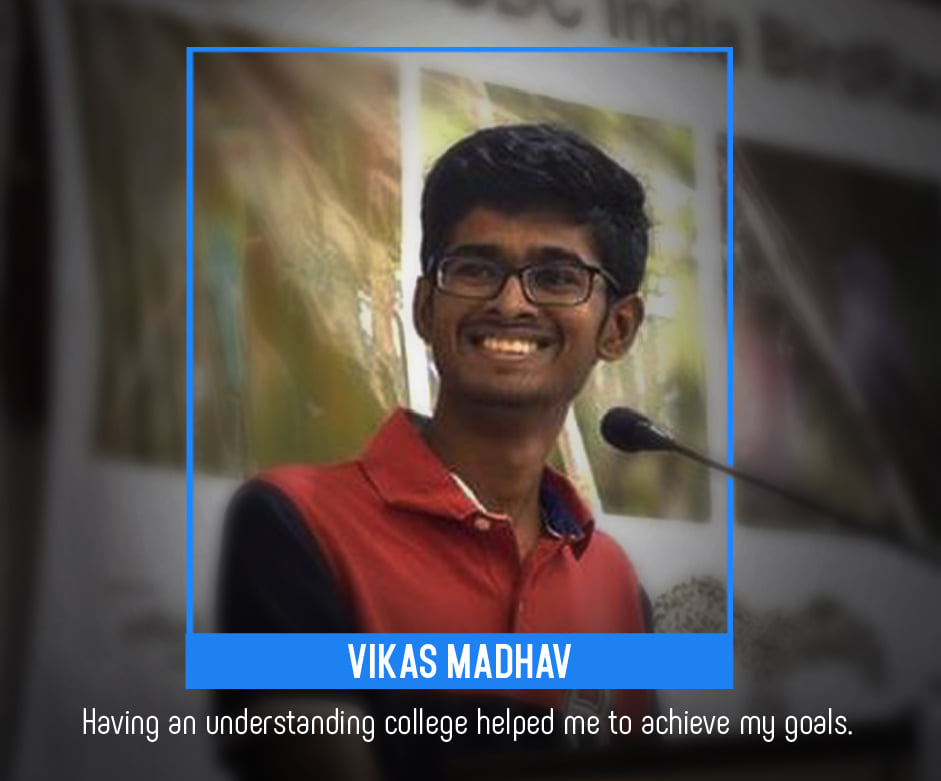
As the complexities of algebra took over, students continued to frantically scribble in their notebooks, hoping to arrive at the right answer.
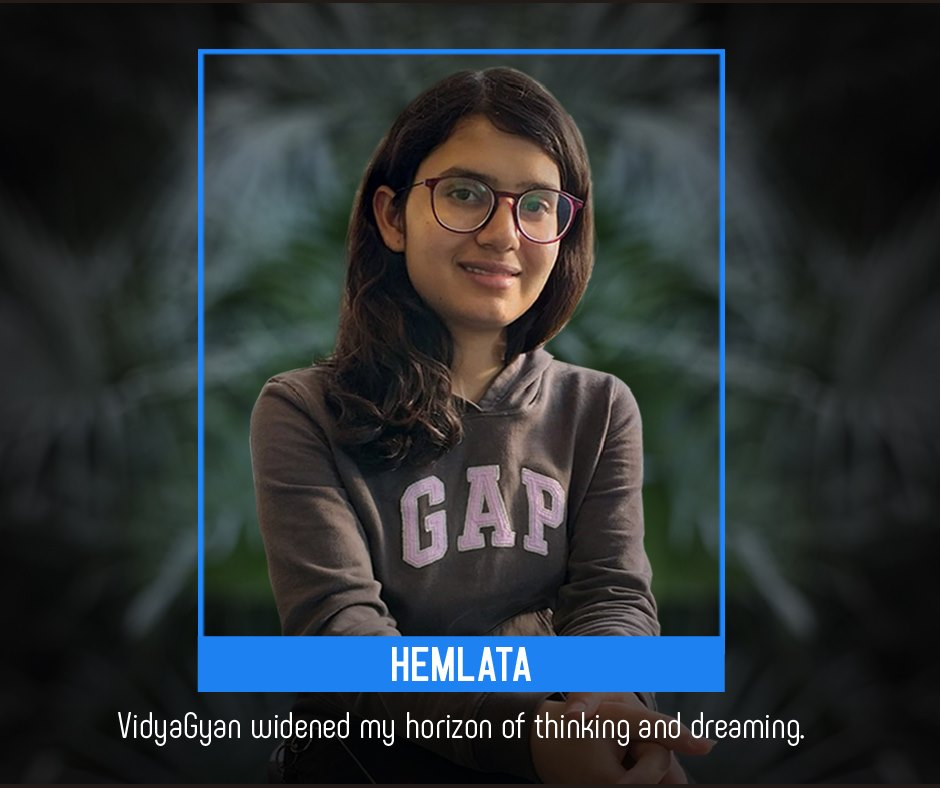
“I had big dreams, but never realised that the reality would turn out to be much bigger and better!” says Hemlata Sharma, recalling her journey.
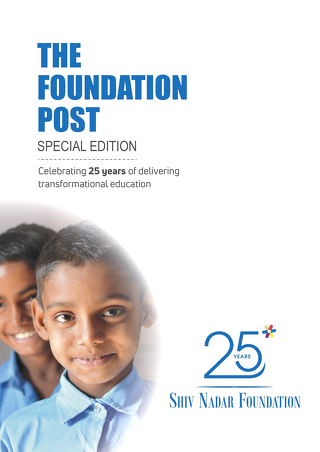



In the area of social entrepreneurship, India has made significant contributions. Here are four legendary figures whose work has inspired the world.
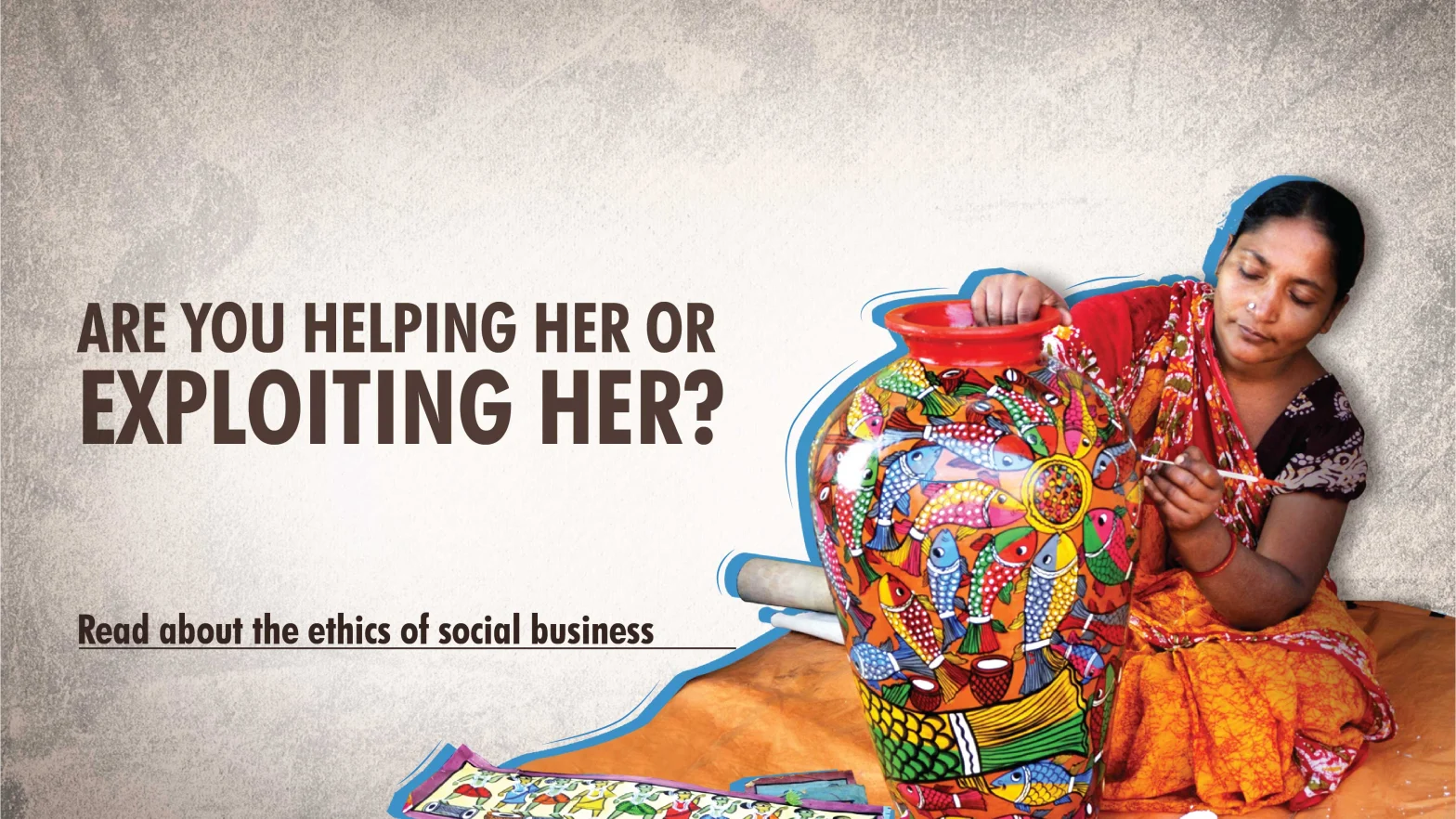
Is it acceptable to make money while we help others? Many people have faced this dilemma. In India, this problem is particularly acute because of our cultural traditions.
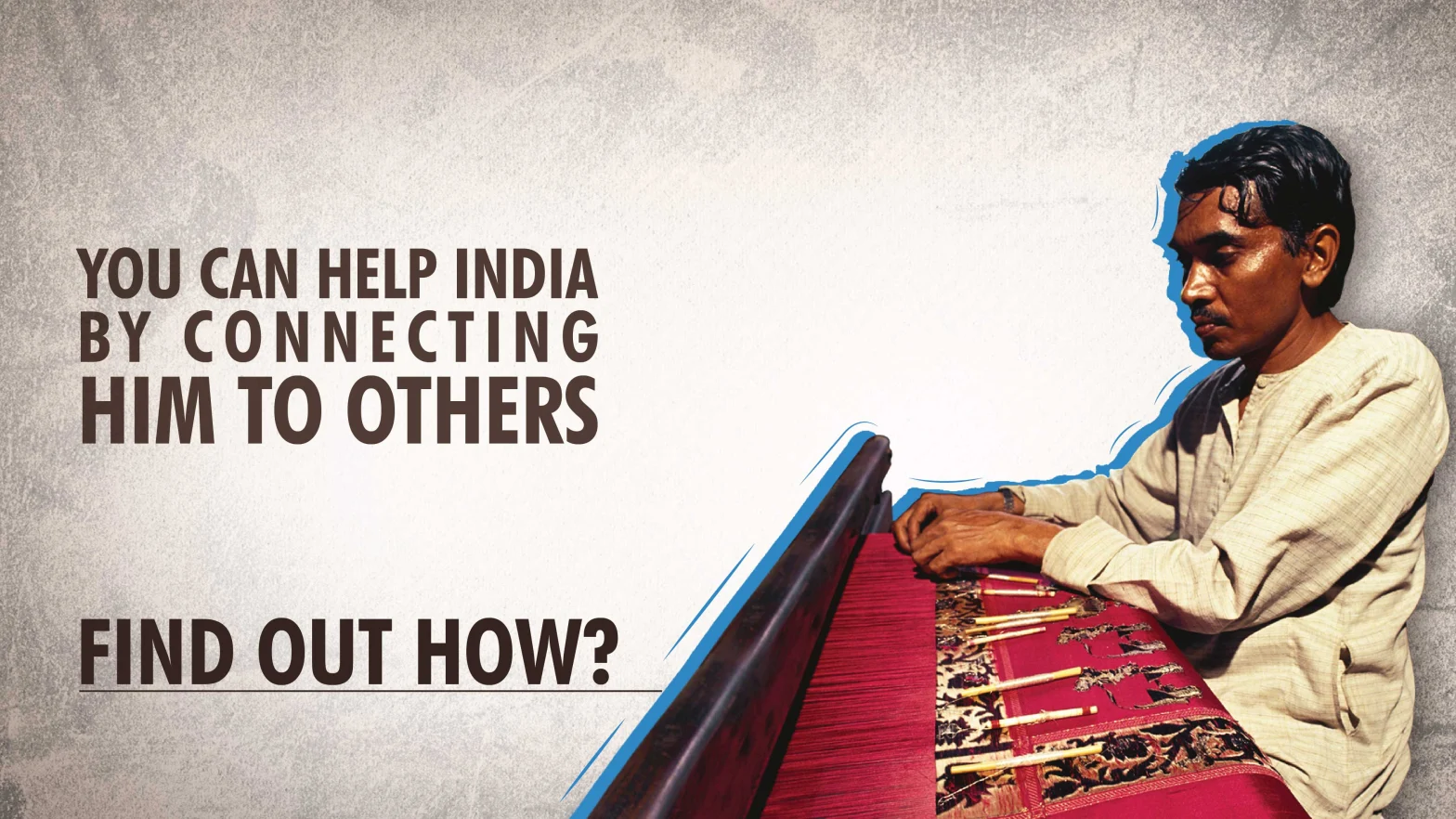
Social entrepreneurship is all about recognizing the social problems and achieving a social change by employing entrepreneurial principles, processes and operations.
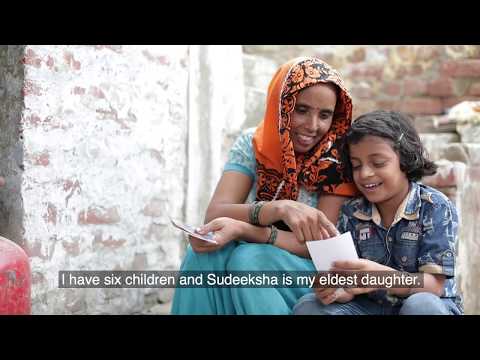

Every successful social enterprise is the result of careful planning, and a combination of different skills. Over time, successful entrepreneurs begin to identify the factors behind their success.

You may have thought of an idea for your social enterprise, but how do you get started? One way is to start small, prove the strength of your idea, and seek funding
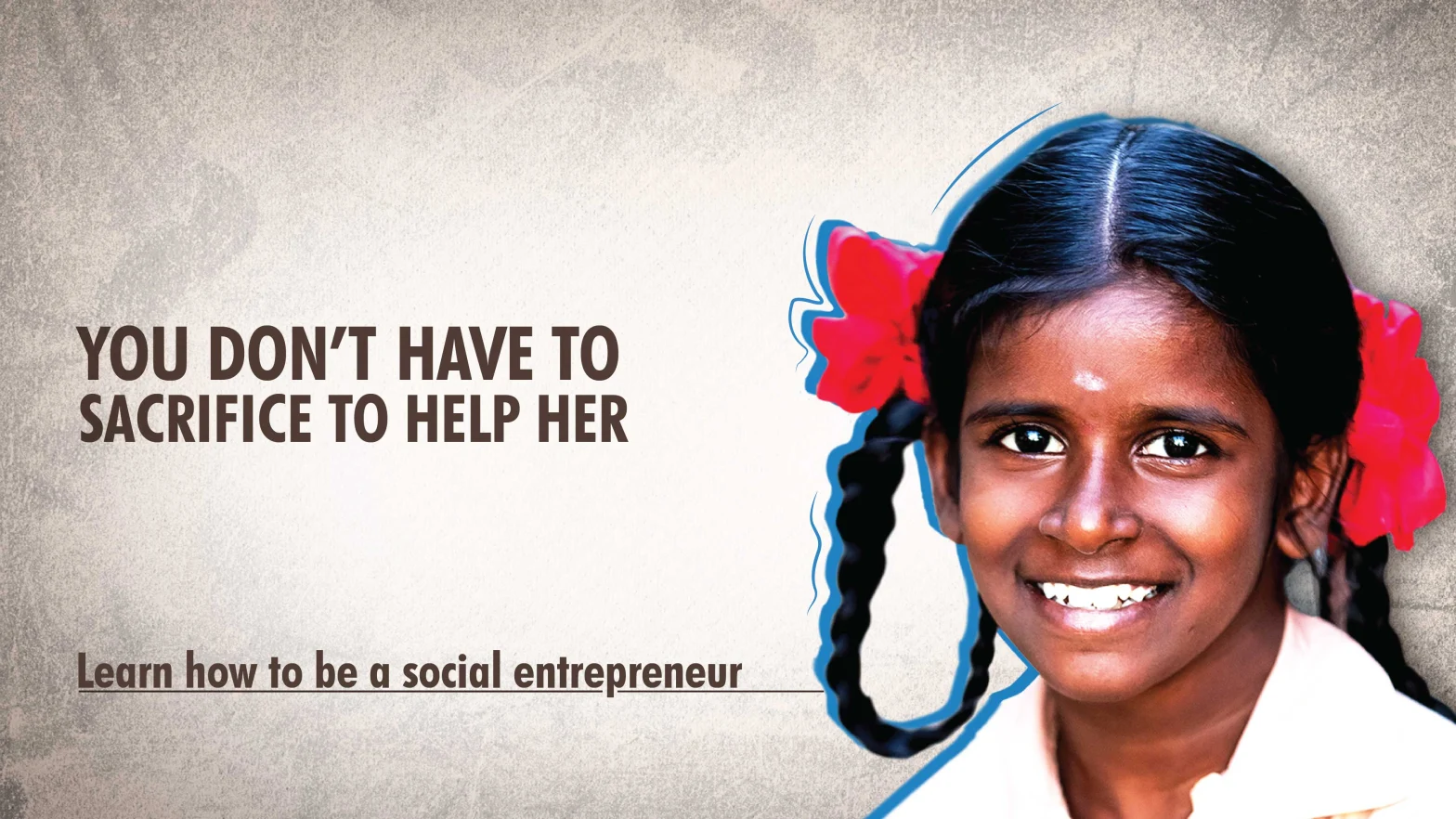
Social Entrepreneurship is an interesting subject and an increasingly popular career option. Its underlying principles, of professionalism and sustainability, have strongly influenced the Shiv Nadar Foundation.
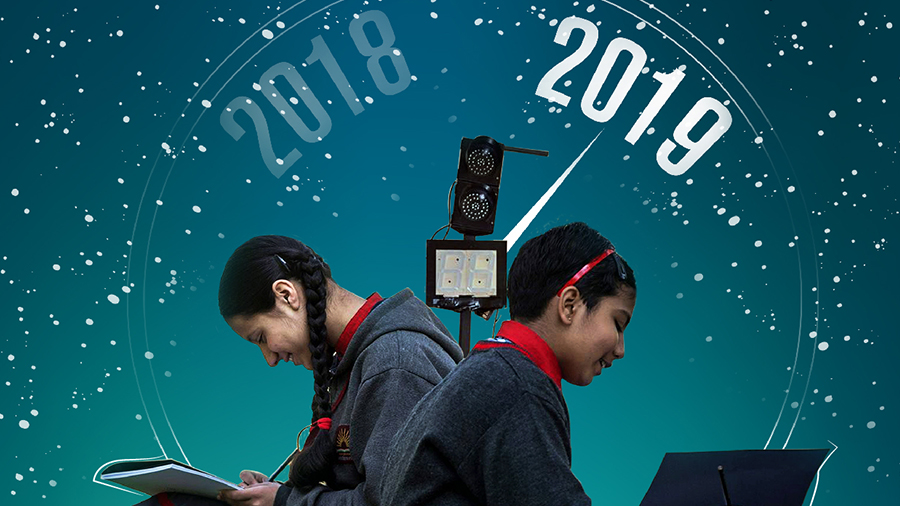
A philanthropic enterprise is like a tree. Years of effort are devoted to it, in the hope that it will bear fruit. Eventually the time comes, when we begin to see the rewards.
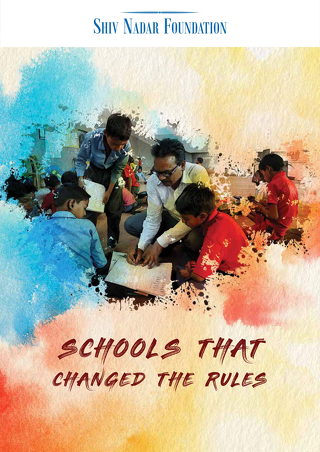
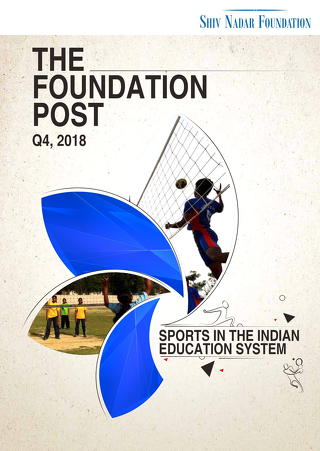

How many times have we heard about the technology ban in school or even college classrooms? Even in this digital era, students are forced to copy lessons from books, instead of actually applying their education in real life.
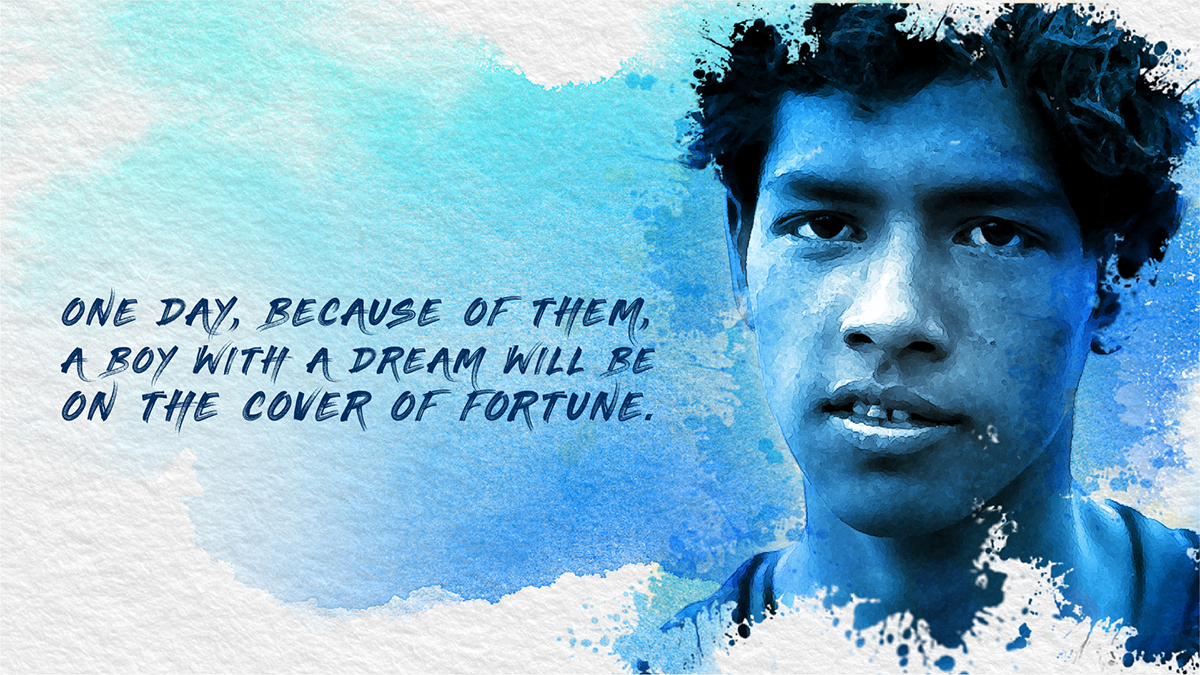
To many people, it often seems like the villages of India are holding back. Sitting in their air-conditioned rooms, they look down on the poor and the illiterate masses and shake their heads, half in anger, half in sorrow. If the village is in Bihar, their feelings of despair increase.
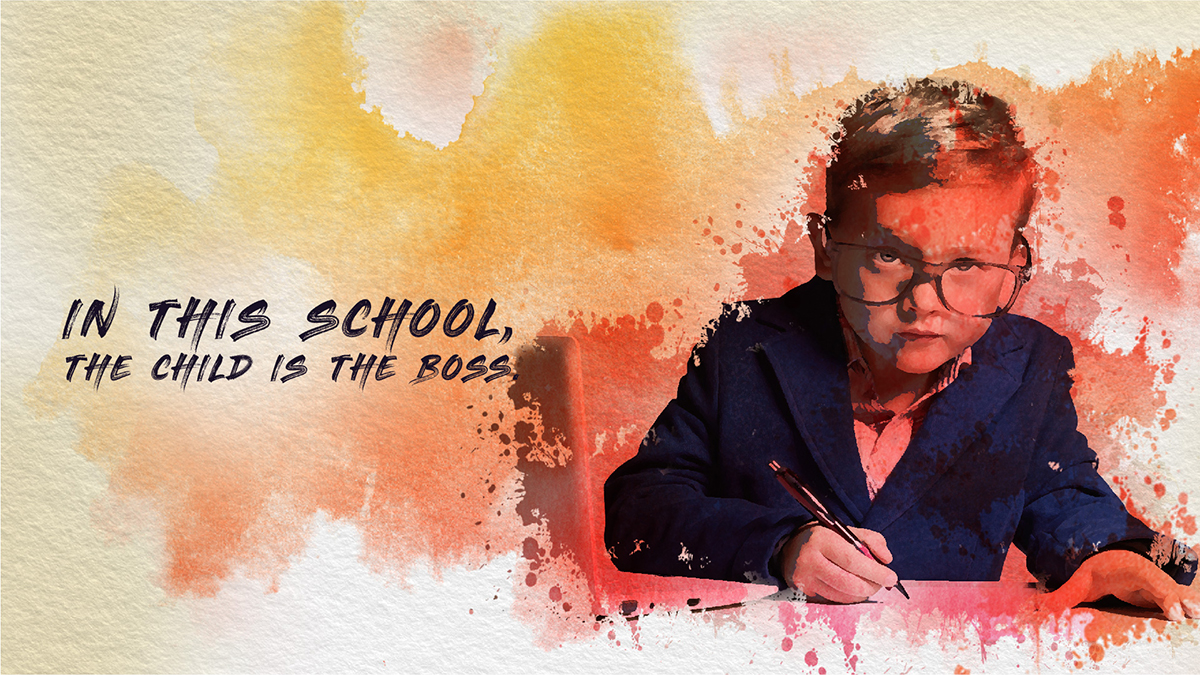
A group of young adults have gathered around in a town hall like setting to discuss their school’s curriculum. It looks like a normal meeting of school patrons discussing the school’s functioning with minutes of meeting being jotted down by a secretary.
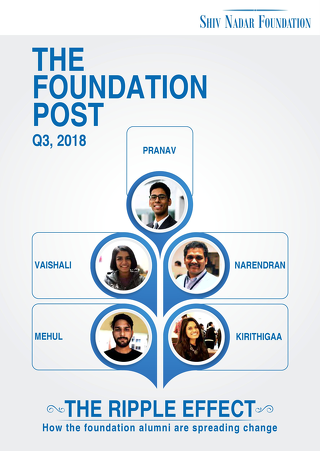

“If you fail, we take you. If you pass, we may consider you.”
Sonam Wangchuk first came into the national spotlight in 2009, when his story inspired the character Phunsukh Wangdu in the film 3 Idiots. Though this was never acknowledged, the similarities are hard to miss. But his real story is far more interesting than any film could be.
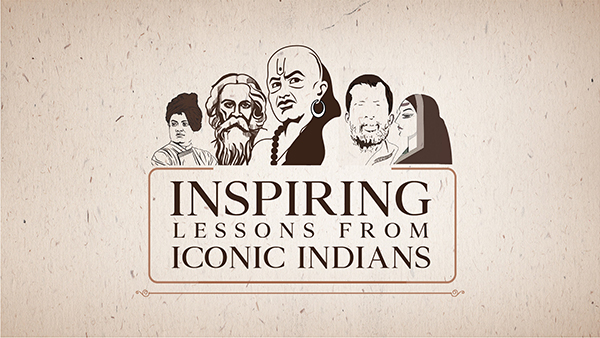

Language is a tool that needs to be used very carefully in order to break gender stereotypes. What we express through our writing and through the words we speak in our day-to-day lives can reinforce stereotypes sub-consciously.